Aqsa Mahmood: how did Scot become Jihadi bride in Syria?
Aqsa Mahmood went from 'sweet' and 'peaceful' child to the wife of an Islamic State fighter
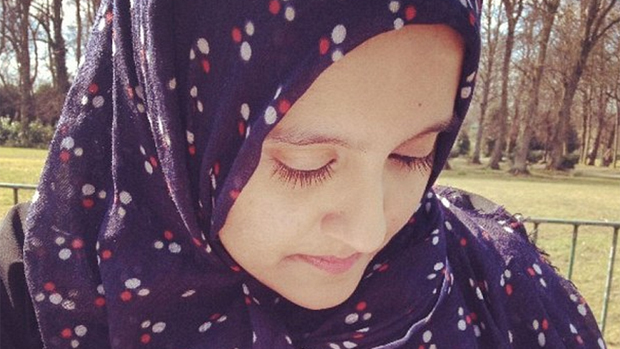
A free daily email with the biggest news stories of the day – and the best features from TheWeek.com
You are now subscribed
Your newsletter sign-up was successful
The parents of Aqsa Mahmood, a 20-year-old woman from Glasgow who travelled to Syria to marry an Islamic State jihadist, have made an emotional appeal for her return. In a press conference, Khalida and Muzaffar Mahmood said their daughter had betrayed them but that they loved her and wanted her to return while she still can.
Through a statement read by their solicitor, they said she was "well integrated into society" and was brought up with "with love and affection in a happy home". So what makes a young woman like Aqsa leave Scotland to become a Jihadi bride?
What was Aqsa like before she left?
The Week
Escape your echo chamber. Get the facts behind the news, plus analysis from multiple perspectives.

Sign up for The Week's Free Newsletters
From our morning news briefing to a weekly Good News Newsletter, get the best of The Week delivered directly to your inbox.
From our morning news briefing to a weekly Good News Newsletter, get the best of The Week delivered directly to your inbox.
Aqsa, who has one older brother and two younger sisters, grew up in the affluent Glasgow suburb of Pollokshields and was privately educated at Craigholme School. Her parents described her as "always a very sweet, peaceful, intelligent child and inquisitive about everything". Her friends told the Scottish Daily Record she was a fan of Coldplay and Harry Potter, and even had a crush on the film star Zac Efron, before she began to take more of an interest in Islam at the age of 15.
She later spent increasing amounts of time in her bedroom, apparently interacting on radical Muslim chat forums. After disappointing results in her Highers, her parents moved her to Shawlands Academy. She subsequently began a course in diagnostic radiography at Glasgow Caledonian University, but dropped out to go to Syria last November.
How did she get to Syria?
Aqsa was reported missing in November but contacted her parents after arriving in Syria and had kept in touch through social media until Tuesday when it emerged in the press that she was involved with Islamic State. It is understood that she travelled through Turkey to Aleppo in Syria with a Canadian Muslim woman known only as Umm Haritha.
A free daily email with the biggest news stories of the day – and the best features from TheWeek.com
What has she been doing in Syria?
Aqsa and Umm are believed to have married jihadist fighters soon after arriving in Aleppo and settled in the small town of Manbij near the Turkish border with a third female British Muslim. Aqsa has allegedly been using Twitter and an online blog to encourage people in Britain to follow the example of the Boston Marathon bombers and the murderers of British soldier Lee Rigby.
"Follow the examples of your brothers from Woolwich, Texas and Boston," she is believed to have tweeted under the name Umm Layth. "If you cannot make it to the battlefield, then bring the battlefield to yourself". The BBC says the account was set up last August but disappeared this week when her name was linked to Islamic State.
Why did Aqsa go to Syria?
Her parents say she was "concerned and upset" by reports of the Syrian conflict and had told them she wanted to help. "There is no smoking gun, no family member, no fundamentalist preacher that can be blamed for her radicalisation," they said yesterday. "Aqsa, like many young people in our community, was naturally angry and frustrated at the loss of innocent life in the Middle East but this is not the way to help."
Is she the only British woman to join Islamic State?
No, security experts believe at least 50 British women and girls have joined Islamic State in Syria, according to Jamie Dettmer at the Daily Beast, but it is possible the number is higher. Dettmer says many male and female jihadi recruits come from middle-income backgrounds and are often fairly well educated.
"What is distinguishing Isis from its rival al-Qaeda is the increased role the group is giving women as online recruiters and as enforcers of Sharia religious law in the swath of territory Isis now controls in eastern Syria and western Iraq," he says. "The fear is that the Western women may take on an even more active role as suicide bombers."
Dettmer says it is "impossible to say" how many more "bedroom radicals" like Aqsa may be dreaming of such exploits. Yesterday Aqsa's parents warned: "If our daughter, who had all the chances and freedom in life, could become a bedroom radical, then it is possible for this to happen to any family."
-
 The ‘ravenous’ demand for Cornish minerals
The ‘ravenous’ demand for Cornish mineralsUnder the Radar Growing need for critical minerals to power tech has intensified ‘appetite’ for lithium, which could be a ‘huge boon’ for local economy
-
 Why are election experts taking Trump’s midterm threats seriously?
Why are election experts taking Trump’s midterm threats seriously?IN THE SPOTLIGHT As the president muses about polling place deployments and a centralized electoral system aimed at one-party control, lawmakers are taking this administration at its word
-
 ‘Restaurateurs have become millionaires’
‘Restaurateurs have become millionaires’Instant Opinion Opinion, comment and editorials of the day
-
 Why is Islamic State targeting Russia?
Why is Islamic State targeting Russia?Today's Big Question Islamist terror group's attack on 'soft target' in Moscow was driven in part by 'opportunity and personnel'
-
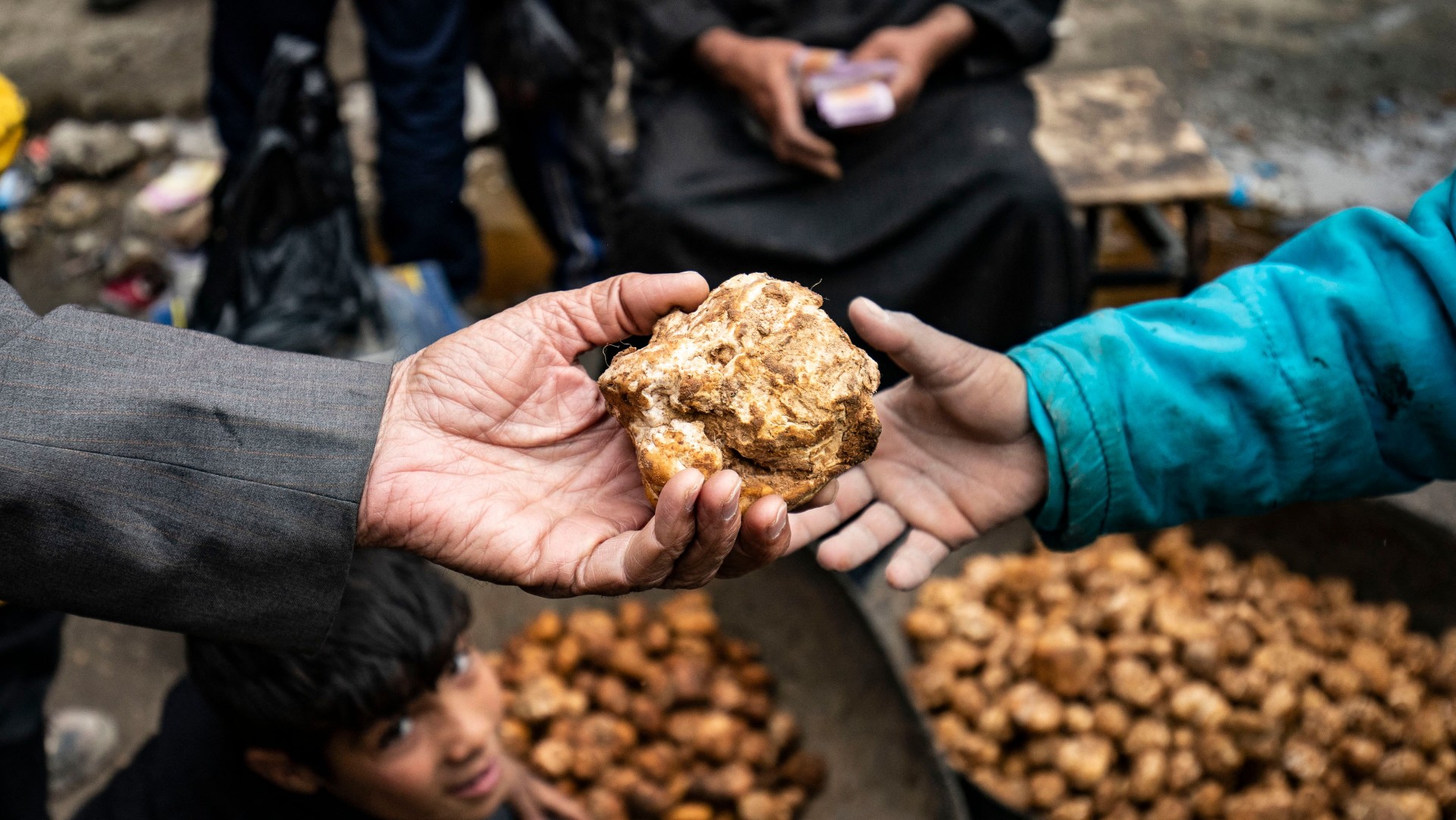 The deadly attacks on Syrian truffle hunters
The deadly attacks on Syrian truffle huntersfeature Islamic State suspected of targeting Syrians risking their lives to secure much-needed income
-
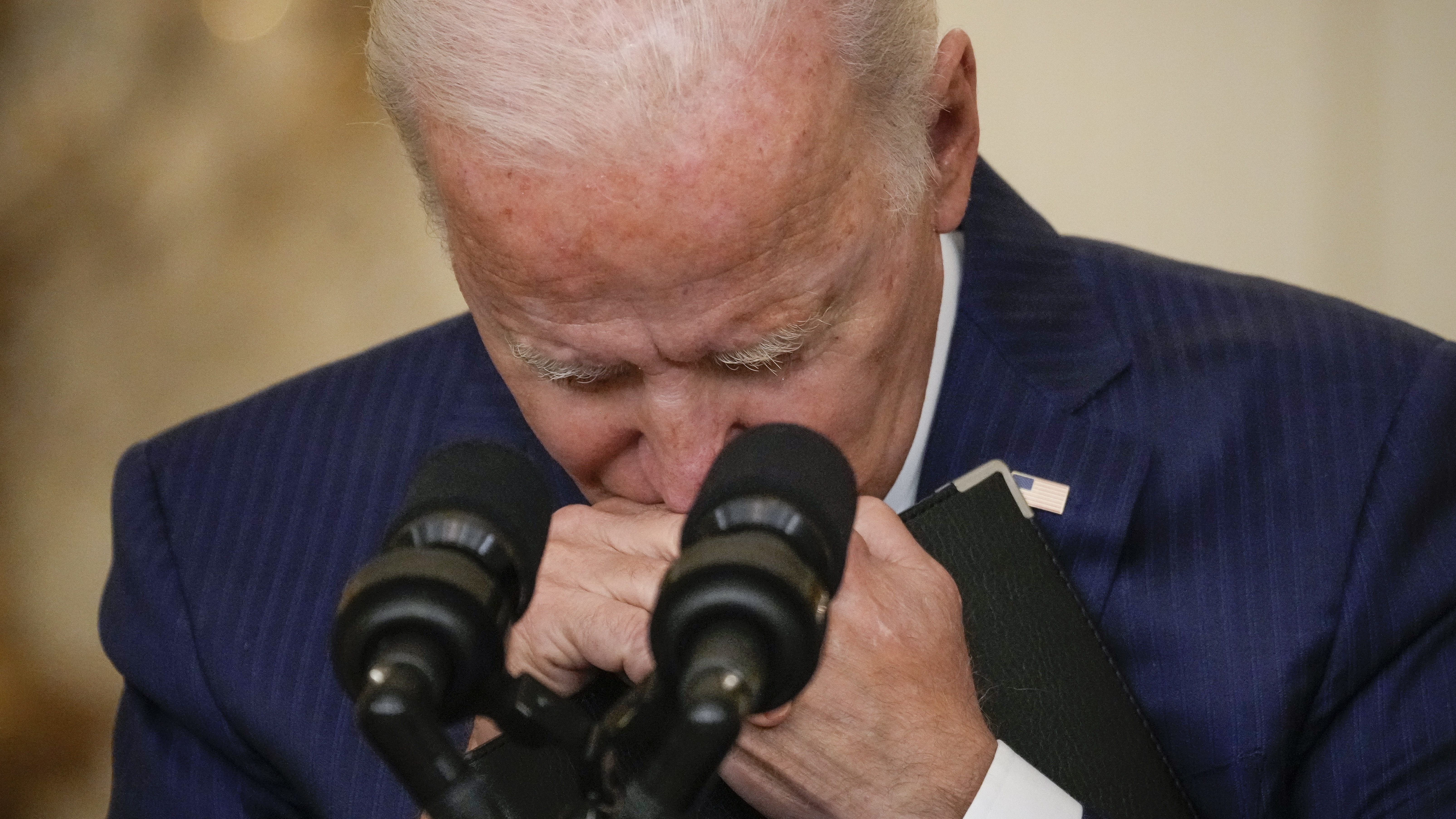 Will the Kabul bombing lock Joe Biden into a ‘forever war’ against Isis?
Will the Kabul bombing lock Joe Biden into a ‘forever war’ against Isis?In Depth President vows revenge against extremists following airport suicide attack
-
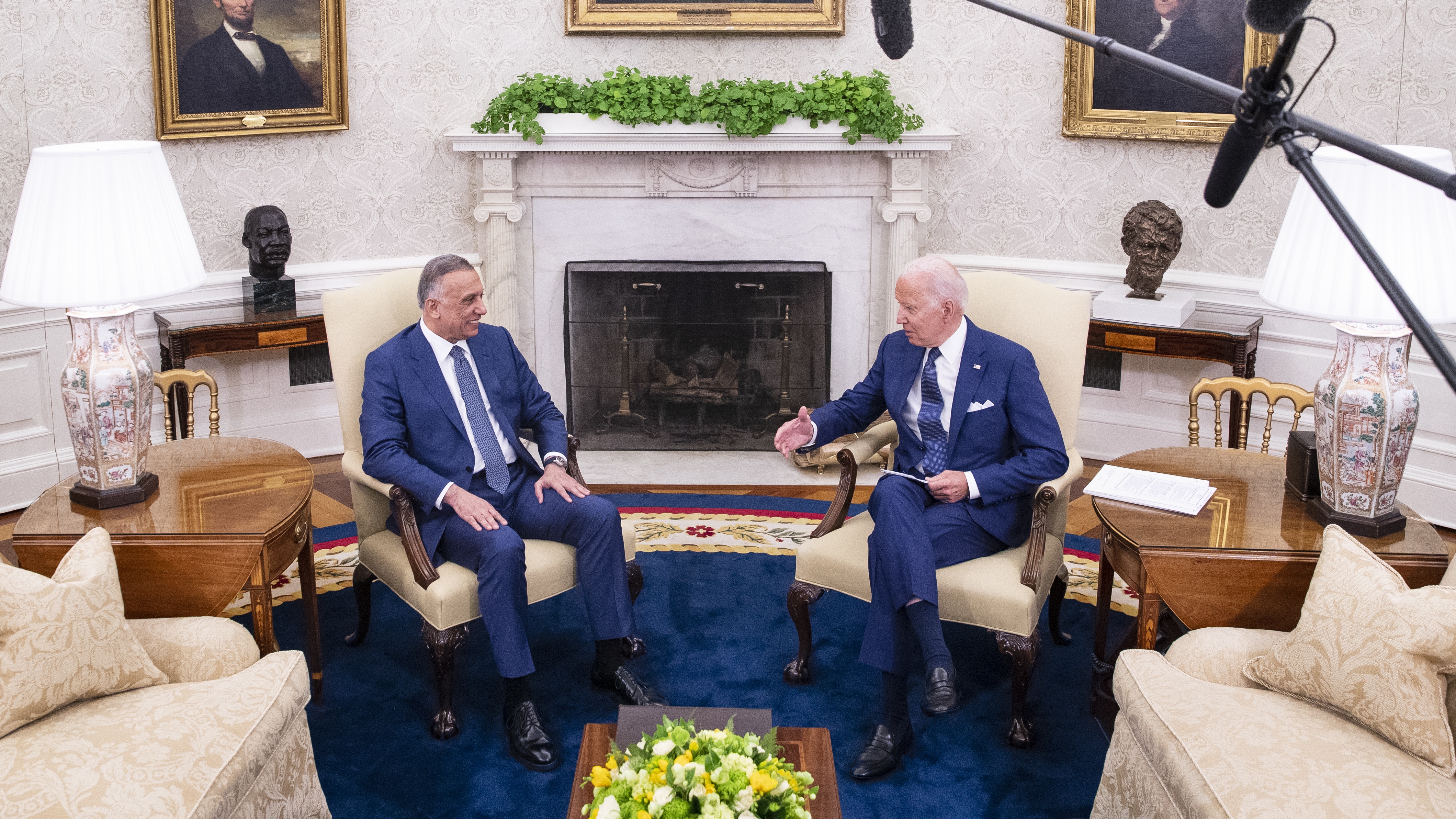 Does the withdrawal of US combat troops mean it’s ‘mission accomplished’ in Iraq?
Does the withdrawal of US combat troops mean it’s ‘mission accomplished’ in Iraq?In Depth President strikes deal with Iraqi PM to end two decades of fighting
-
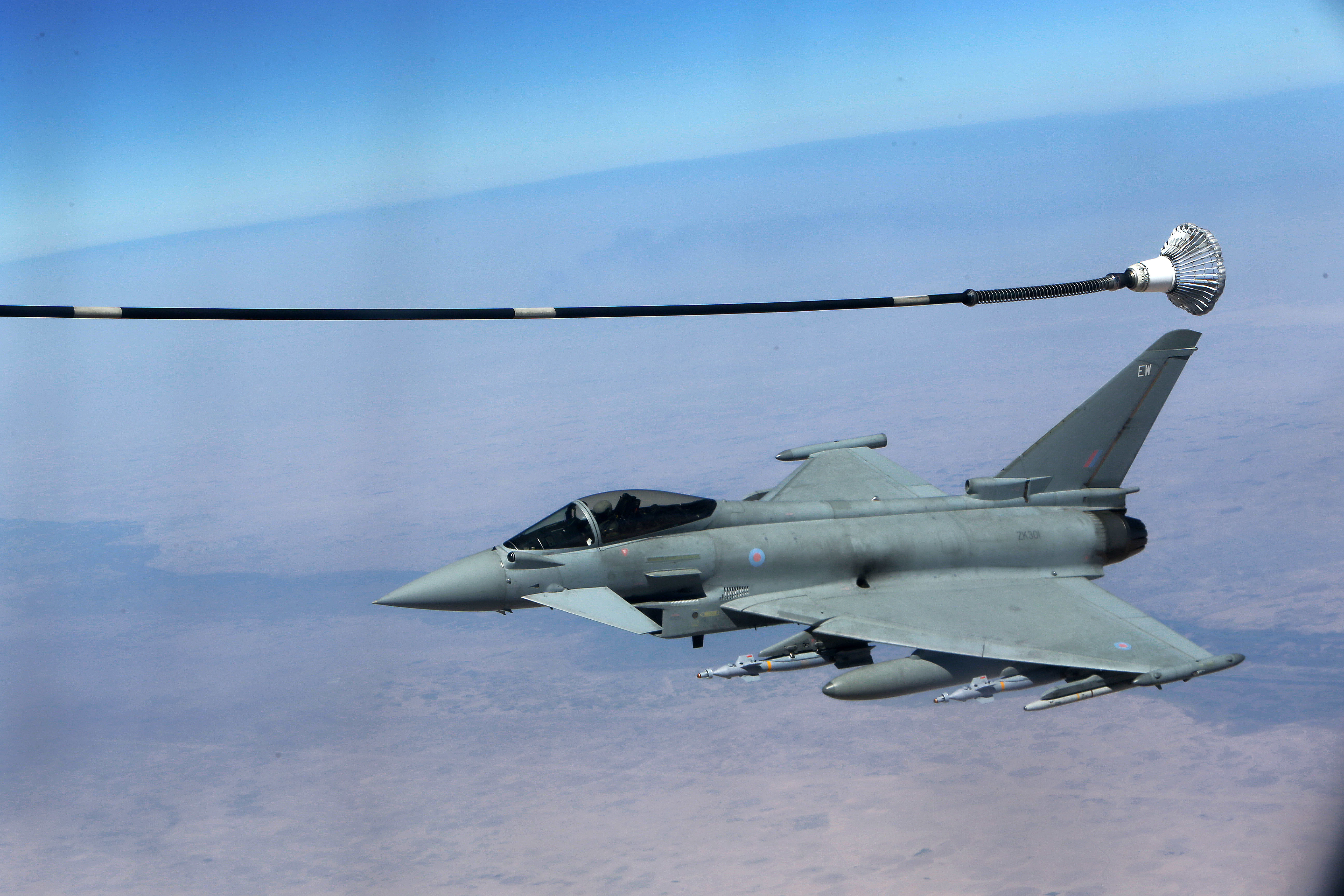 RAF air strike kills Isis fighters hiding in Iraqi caves
RAF air strike kills Isis fighters hiding in Iraqi cavesSpeed Read Defence minister pledges to continue ‘relentless’ fight against jihadists
-
 Was Donald Trump’s Baghdadi raid photo staged?
Was Donald Trump’s Baghdadi raid photo staged?In Depth Barack Obama’s former White House photographer casts doubt on authenticity of picture
-
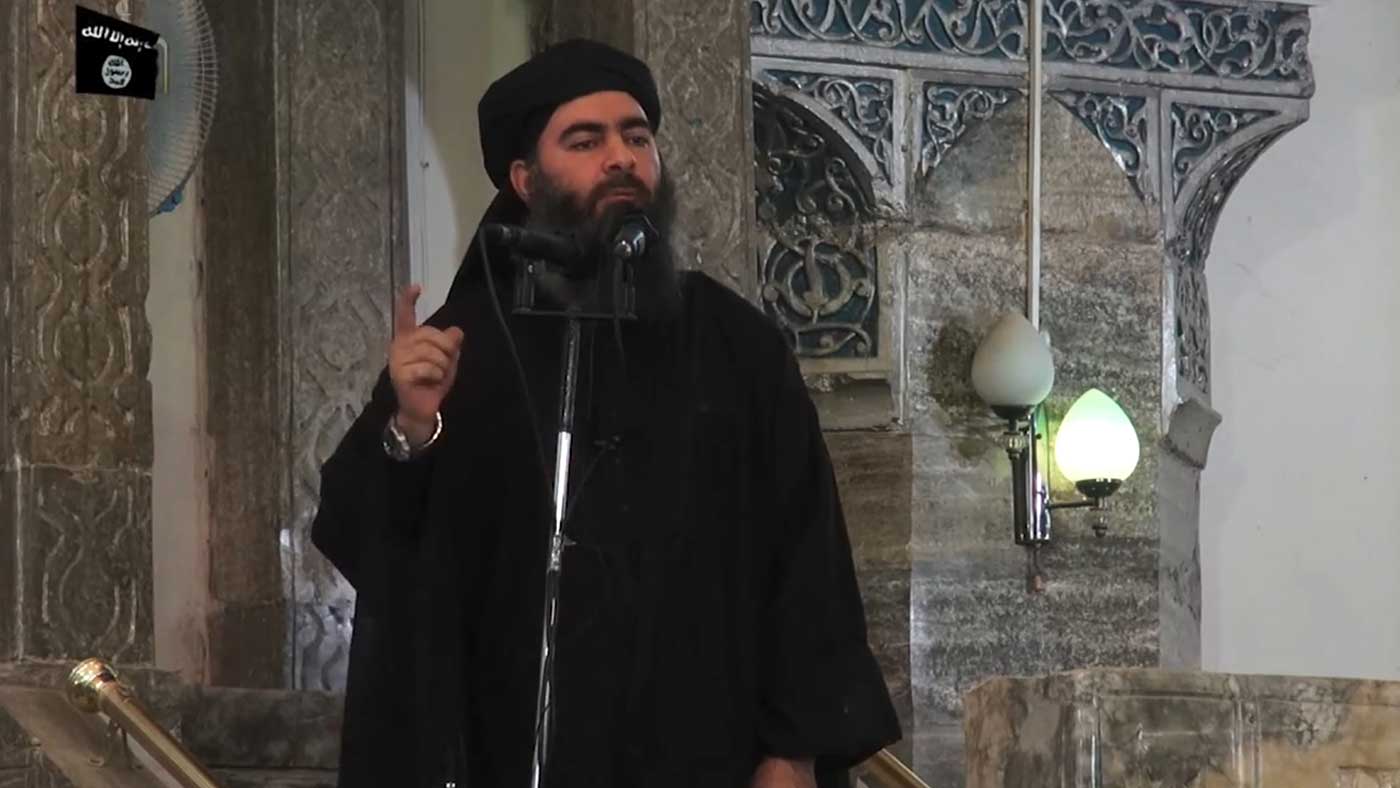 The consequences of killing Abu Bakr al-Baghdadi
The consequences of killing Abu Bakr al-BaghdadiIn Depth What the death of the Islamic State leader means for the terror group, the region and Donald Trump
-
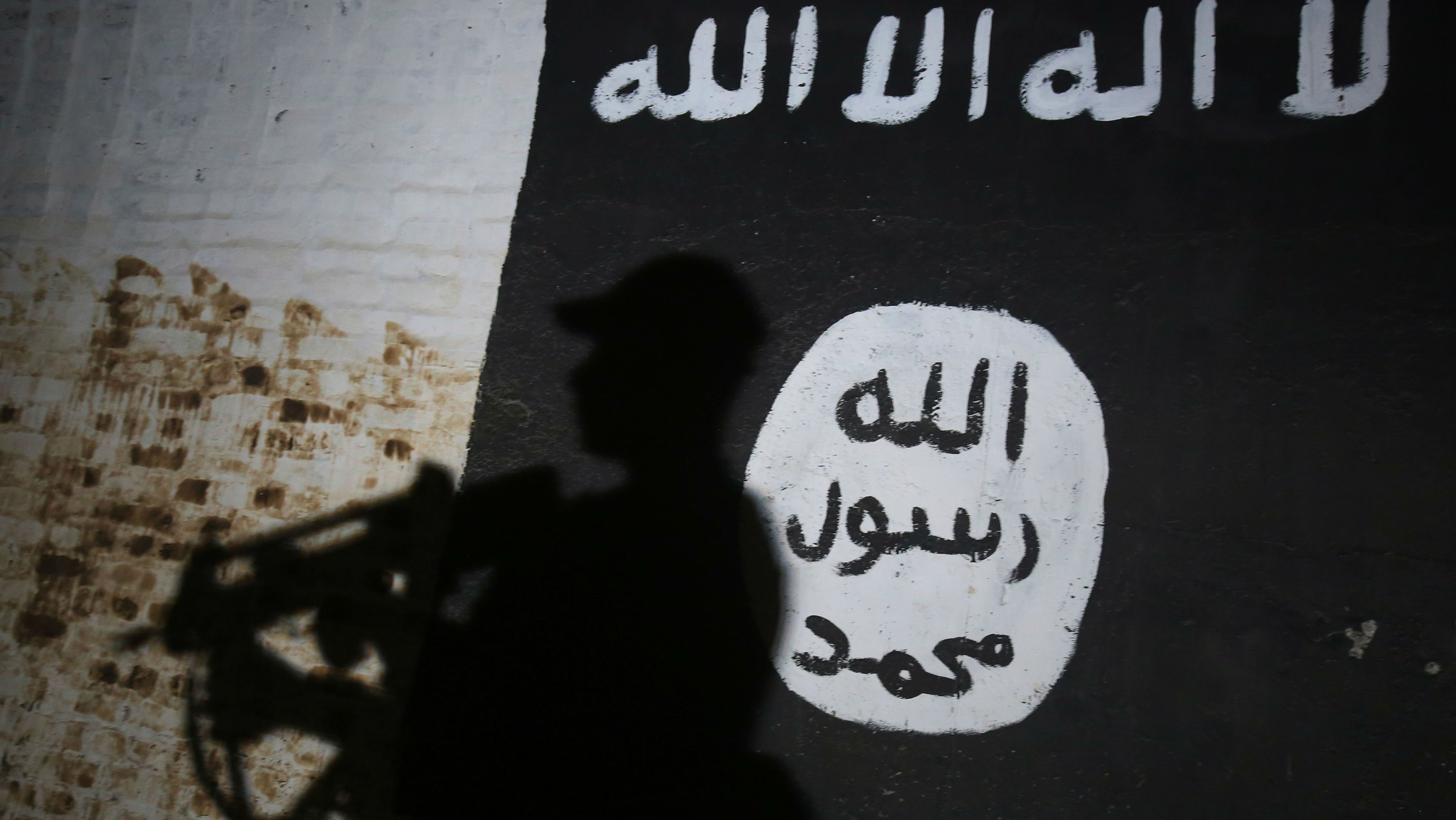 Should Isis militants be returned to the UK?
Should Isis militants be returned to the UK?In Depth US defence secretary says detaining foreign fighters in Syria is ‘untenable’